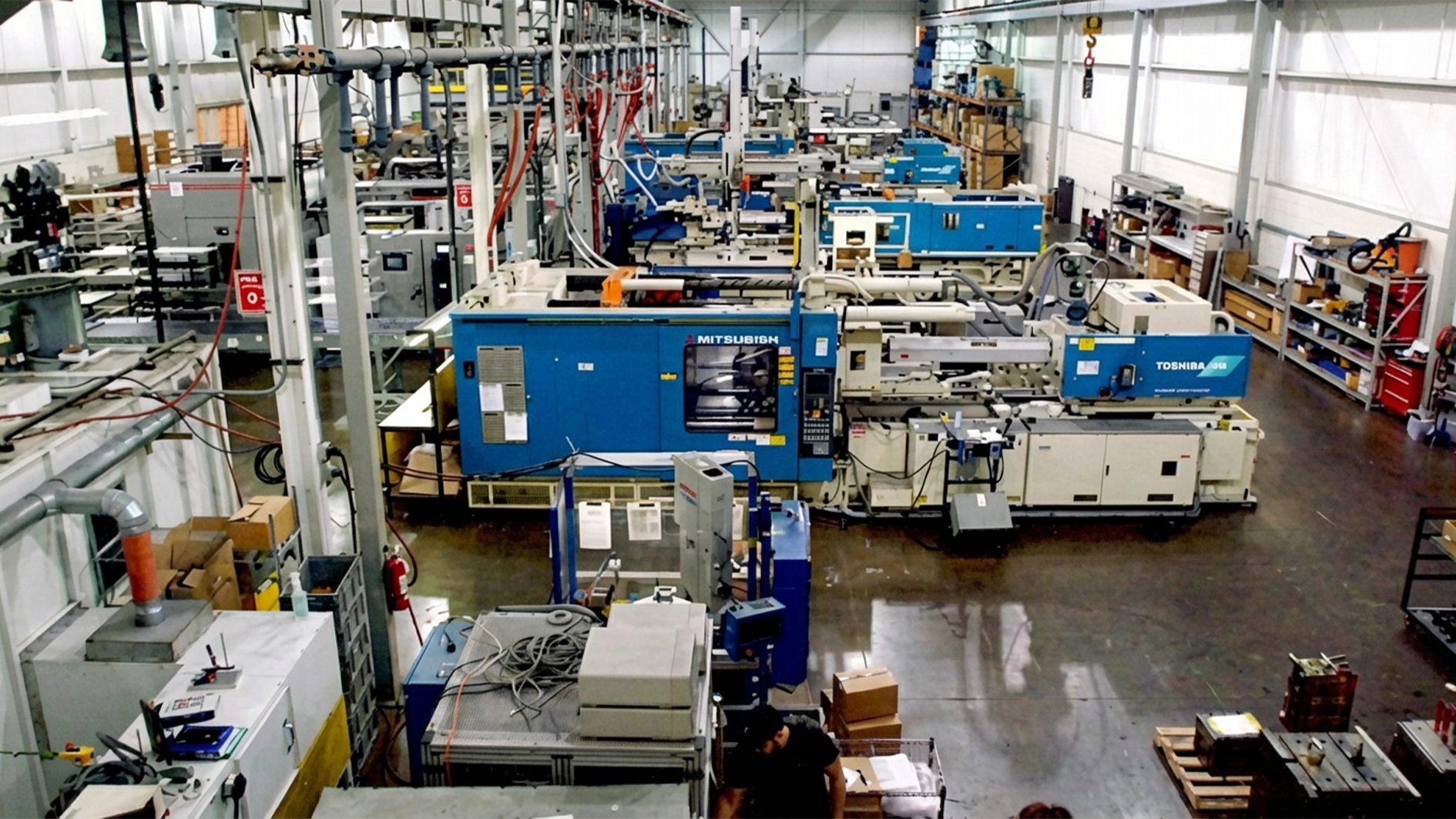The Federal Inland Revenue Service and other agencies has solicited stronger inter-agency cooperation to achieve the National Single Window (NSW) project operational take-off target scheduled for the first quarter of next year.
The participating agencies in the NSW project held a high-level meeting at the Corporate Headquarters of the NCS in Abuja to drive forward the project with the aim of ensuring quicker cargo clearances, lower operational costs and fewer bureaucratic bottlenecks, enabling businesses to trade more competitively both locally and internationally.
Speaking at the meeting, the Comptroller General of Customs, Bashir Adeniyi, stressed the importance of aligning stakeholders for the NSW implementation.
“We are here to exchange ideas and have open discussions that will help our preparations for the National Single Window. This project is important to Mr. President. Since the beginning of this administration, it has been listed among the key policies to create an environment that facilitates trade and makes the Nigerian economy more competitive. The goal is to develop a trade ecosystem, which involves integrating technology into our processes,” he said.
The Executive Chairman, FIRS, Dr Zacch Adedeji, express the service’s readiness to collaborate and support the NCS to achieve the launching of the National Single ahead of the first phase in March 2026.
“We are at the stage where we all need what is required for what is to be done and the help that is required to get the job done right. We want to synergize with your agency,” he said
Also speaking, the Director of the National Single Window Project and Head of Secretariat, Tola Fakolade, pointed out that the project has moved into the critical development and integration phase after a year of assessments and requirement analyses.
He said achieving seamless integration at this stage is essential for meeting the Q1 2026 operational target.
Fakolade said government revenue will be boosted through reduced leakages and improved compliance, freeing up funds for national development projects.
He further noted that consumers will also benefit from lower prices and faster access to goods, as reduced delays in the supply chain mean products reach markets more quickly.
He added that the system will also enhance Nigeria’s reputation in global trade, attracting more investment and creating jobs across multiple sectors.






